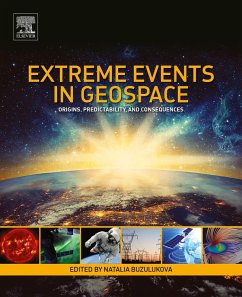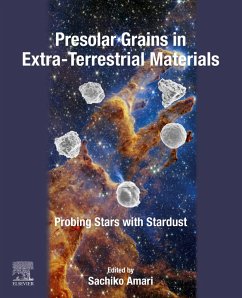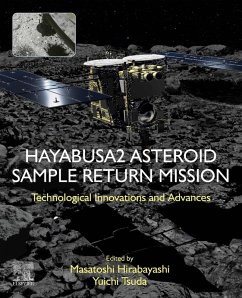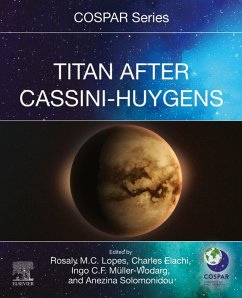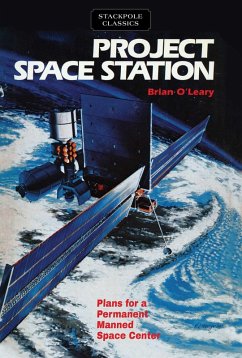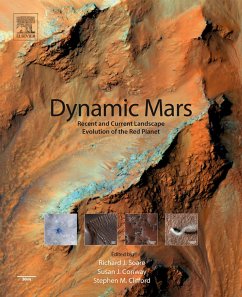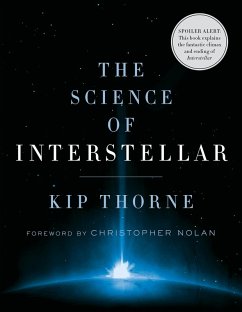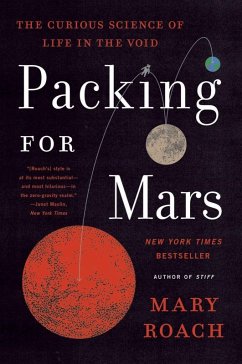
Spatial Cognitive Engine Technology (eBook, ePUB)
Versandkostenfrei!
Sofort per Download lieferbar
124,95 €
inkl. MwSt.
Weitere Ausgaben:

PAYBACK Punkte
62 °P sammeln!
Spatial Cognitive Engine Technology discusses the increase in user demand for satellite wireless communication services that has led to the increasing development of spectrum resources and the fixed spectrum allocation mode which makes the utilization rate of spectrum resources lower. As an intelligent spectrum sharing technology, cognitive radio has innovated the traditional spectrum management system and is one of the effective ways to solve the above-mentioned problems. As the core of satellite cognitive radio, the spatial cognitive engine can use artificial intelligence to dynamically conf...
Spatial Cognitive Engine Technology discusses the increase in user demand for satellite wireless communication services that has led to the increasing development of spectrum resources and the fixed spectrum allocation mode which makes the utilization rate of spectrum resources lower. As an intelligent spectrum sharing technology, cognitive radio has innovated the traditional spectrum management system and is one of the effective ways to solve the above-mentioned problems. As the core of satellite cognitive radio, the spatial cognitive engine can use artificial intelligence to dynamically configure working parameters according to changes in the communication environment and user needs. - Describes the concept of cognitive engine from the perspective of the spatial cognitive cycle - Includes coverage of in-depth research on the input module of the spatial cognition engine, the environmental perception module - Provides in-depth research that has been conducted on the learning reasoning and optimization decision-making modules of the spatial cognition engine - Covers the cross-layer optimization of the spatial cognition engine to realize an intelligent and complete satellite communication mechanism
Dieser Download kann aus rechtlichen Gründen nur mit Rechnungsadresse in A, B, BG, CY, CZ, D, DK, EW, E, FIN, F, GR, HR, H, IRL, I, LT, L, LR, M, NL, PL, P, R, S, SLO, SK ausgeliefert werden.




